As homicides in the city hit an all-time high, the Ottawa Police Service chief explains about why their next budget ask will be 'significant.'
Get the latest from Marlo Glass straight to your inbox
Published Dec 31, 2024 • Last updated 0 minutes ago • 9 minute read

After a year of high-profile homicides, protracted protests and the announcement of a mounted police unit, Ottawa Police Chief Eric Stubbs sat down with the Ottawa Citizen to reflect on the year, and challenges to come. The police force has been dealing with a staffing crunch for years, and is in the middle of a three-year “stabilization plan.” Stubbs says the police’s budget ask for 2026 will be significant.
Advertisement 2
THIS CONTENT IS RESERVED FOR SUBSCRIBERS ONLY
Subscribe now to read the latest news in your city and across Canada.
- Exclusive articles from Elizabeth Payne, David Pugliese, Andrew Duffy, Bruce Deachman and others. Plus, food reviews and event listings in the weekly newsletter, Ottawa, Out of Office.
- Unlimited online access to Ottawa Citizen and 15 news sites with one account.
- Ottawa Citizen ePaper, an electronic replica of the print edition to view on any device, share and comment on.
- Daily puzzles, including the New York Times Crossword.
- Support local journalism.
SUBSCRIBE TO UNLOCK MORE ARTICLES
Subscribe now to read the latest news in your city and across Canada.
- Exclusive articles from Elizabeth Payne, David Pugliese, Andrew Duffy, Bruce Deachman and others. Plus, food reviews and event listings in the weekly newsletter, Ottawa, Out of Office.
- Unlimited online access to Ottawa Citizen and 15 news sites with one account.
- Ottawa Citizen ePaper, an electronic replica of the print edition to view on any device, share and comment on.
- Daily puzzles, including the New York Times Crossword.
- Support local journalism.
REGISTER / SIGN IN TO UNLOCK MORE ARTICLES
Create an account or sign in to continue with your reading experience.
- Access articles from across Canada with one account.
- Share your thoughts and join the conversation in the comments.
- Enjoy additional articles per month.
- Get email updates from your favourite authors.
THIS ARTICLE IS FREE TO READ REGISTER TO UNLOCK.
Create an account or sign in to continue with your reading experience.
- Access articles from across Canada with one account
- Share your thoughts and join the conversation in the comments
- Enjoy additional articles per month
- Get email updates from your favourite authors
Sign In or Create an Account
or
Article content
Here is Stubbs conversation with the Citizen, edited for length and clarity.
Q: What was the biggest challenge Ottawa police faced this year?
The frequency of protests and major events has really affected our team, in terms of our ability to staff them and manage them in the way the community would like. It’s not just the Middle East crisis and the marches that have occurred. There are a lot of big events that come in. Whether it’s the Army Run, Canada Day — I think we had 13 Santa Claus parades that we had to manage. And you laugh at that, but that just adds up to the demands on the team. Panda Day, St. Patrick’s Day, the list goes on. The high-level visits that we get on the political side. It’s just a massive challenge for us to meet.
I’ve been here two years now and in terms of challenges, it is very clear from the community about what they want from their policing: they want more. And it’s a good thing that they want more of us. They see the value in the team, and the passion that our crew has.
But I know that we can’t deliver in all areas that we need to. We look at the demands of our homicide unit, of our intimate partner violent violence unit: they’re so busy. I look at our fraud unit that is overwhelmed. I look at our frontline folks who have a queue of calls all the time.
Advertisement 3
Article content
The amount of proactive work that we could do, it’s just sitting there for us. I see it every day, “Why can’t we do this? Why don’t we do this?” We don’t have the bandwidth right now.
That challenge of trying to ensure that we can deliver for this growing population, this diverse population that we have, this massive geographic area that we have. We need a bigger team and we’re trying to address that through our three-year staff stabilization plan. We’re just finishing up year one of that, and we hired north of 130 sworn officers that are in different stages of training.
Q: Last year there was a lot of talk about stabilizing your police force and part of that was receiving more funding to hire more sworn officers and civilians. To what end have those efforts been successful?
While I said we had a successful year one, we have much work to do. Year two and year three are going to be difficult to meet those marks for a number of reasons. Finances, making sure we get the seats out of the Ontario Police College, quality applicants that we want to hire. But of course, the math will tell you, when you hire more people, that costs more money. The budget that we will address in 2025 for 2026 is going to be a significant one, so we can complete this three-year staff stabilization plan.
By signing up you consent to receive the above newsletter from Postmedia Network Inc.
Article content
Advertisement 4
Article content

Q: Again this year, Ottawa saw a substantial increase in homicides. How is the force adjusting its tactics or investigations in response to this?
The homicides are a concerning number. It’s been a difficult year for the community. There were some very high-profile homicides. Obviously the killing of the Sri Lankan family and their friend in Barrhaven; recently we had that Ethiopian mom in the park that was killed in the presence of her children. Very, very disturbing and tragic files.
When we have a lot of homicides like that, you look for trends. Is there a spike in organized crime conflicts that is causing some of that? And that was the case for some of them, but there are some outliers there. In terms of the OPS having an ability to try to avoid files like that, or proactively trying to have a strategy, is very difficult when you have these one-offs. We had a couple of femicides as well, which the Ethiopian woman was one of them.
The themes there weren’t as defined to where we could really attack that theme and decrease those homicides.
Q: Why do you think we’re seeing more homicides?
Advertisement 5
Article content
When it comes to guns and gangs, my experience is you go through different cycles. Conflict occurs, and you see this violence, and then it settles down and then it’ll come up again. We obviously had a bit of a spike. But I knew we had some significant investigations that were underway that weren’t ready to come to a head until the latter part of the year, Project Champion. It had very good results to disrupt the tops of three criminal organizations. I’m very pleased with that work and think it’ll have a positive effect in terms of decreasing violence.
Q: This year, Ottawa police deemed two cases of women who were killed as femicide. What goes into naming it a femicide, and does that change anything in terms of how investigators address a case?
When gender-based violence is part of an incident that we’re investigating we’re very focused on that. It’s something that we put a lot of resources into, to make sure that we solve that file and find out what really occurred so we can address it. Femicide, as we have said, is an epidemic, it’s too much. We, along with our community partners, have to work as hard as we can to try to eliminate it or, realistically, decrease the rates of violence against women.
Advertisement 6
Article content
Q: Why haven’t any arrests been made in the September 2023 homicides at the wedding at the Infinity Convention Centre?
It’s not something I want to discuss publicly, in terms of why. Every time we publicly talk about the Infinity wedding murders, we talk about needing the community to cooperate, wanting witnesses to come forward so we can have the best evidence for that investigative path we’re on.

Q: What are Ottawa police doing to address safety concerns on the road, when it comes to pedestrians, bikers and motorists?
At the recent budget meeting, we had an hour and 45 minutes of questions from councillors. If I tallied the topics, probably 45 to 50 minutes’ worth of questions were related to traffic. This isn’t new to me, but it re-emphasized the importance of road safety to the community and to the councillors.
We talk a lot about our traffic team, they are dedicated to just traffic, how they get pulled to cover protests, there are motorcycle escort folks that get pulled when a head of state is here. But it takes them away from their main job, so we have to build up that team.
Advertisement 7
Article content
There are a lot of areas we have to build up right now, be it our federal precinct, our ByWard Market team, our intimate partner team, our sexual assault team, our traffic team, the district teams. There’s lots of people that need our resources.
We did have lots of projects in 2024, the #ResidentsMatter was a great project related to stunt driving, making sure we’re holding those people accountable for racing around and making a bunch of noise.
In 2025, I think we have 31 separate projects planned. Where stakeholders — like councillors — identify the most important traffic concerns in their area, that’s where we’re going to target. We think it should be based on the accidents, be it pedestrian, be it bicycle, be it a real dangerous intersection. We need to focus on these areas based on these stats.
Q: After more than a year of pro-Palestinian protests, several protesters have been arrested, and face various charges from mischief to obstruction of justice. What changed, after several months of these protests, that we’re seeing these arrests and charges now?
This has been a 14-month conflict that has affected people overseas greatly, but also in the City of Ottawa. Whenever you have this protracted conflict, and sustained marches and events throughout the 14 months, every week we’ve had events.
Advertisement 8
Article content
We’ve gone through different stages with all the community members, where people are upset with what’s going on, be it traffic being blocked up because of a protest, or hate crimes, or the approach of bylaw or police with the sound amplification devices. We had a significant day at the CANSEC conference, I think there were eight arrests.
There have been different ups and downs throughout the 14 months. We’re trying to manage it as best as we can. There’s lots of emotion, there’s lots of people in the community that have certain perspectives about what we should or should not do. We are just trying to keep the community safe.
In terms of how we manage this going forward, I can tell you we meet regularly with the Jewish community leaders. Last week we had a meeting with Palestinian community leaders, and we’ve had numerous throughout the conflict, and will continue to ensure we have open communication with those that are affected to try to make sure everybody has safe, legal and peaceful events.
Q: Will the OPS mounted unit be up and running in 2025?
We’ve already purchased a number of horses. We’ve selected the members that are going to be part of our team. They’ve already undergone some training with the RCMP and in February they’ll go to Toronto for 10 weeks for intensive training.
Advertisement 9
Article content
The first horses will start in April and then it’ll be the end of 2025, early 2026 when the remaining horses and team will start.
We’re looking at eight horses, and it’ll comprise 10 officers, and it’s a good starting point. It’s enough to make a difference, to really aid some of our major events and protests, to have that presence in the federal precinct, as well as in the ByWard Market. It’ll also be used to look for missing persons.
Q: This year the neighbourhood operations centre opened up on Rideau Street, and there’s renewed police efforts in the ByWard Market. Some business owners say they aren’t satisfied with the amount of policing. Others still say it’s over-policed. Can you please everyone?
Yeah, that we can’t do.
But the programs that we have launched in 2024, some of them are at different stages of evolution and maturity. There are early returns on what we’ve done. There’s the social agencies, trying to help people get on a positive path on what they might need: A home, addiction treatment, mental health treatment, whatever that might be.
There’s also the enforcement path. We are building up our team, looking at the most problematic people that we have in the market, targeting them to decrease crime when they’re creating multiple victims a day.
Advertisement 10
Article content
The integrated community safety table has over 30 partners, and is really starting. And they’ve had a number of interventions with these people.
We’re building up our team, and I’ve actually heard a lot of positive things from shop owners, restaurantsters, and hoteliers about what they’re seeing. There’s some momentum toward it getting better there. It’ll be even better next summer, I think we’re going to be in a better place.
Our website is your destination for up-to-the-minute news, so make sure to bookmark our homepage and sign up for our newsletters so we can keep you informed.
Recommended from Editorial
-

Victim of Christmas Day homicide remembered as 'a beautiful person'
-

Ottawa's large experiment with 'safer' opioids could be nearing an end
Article content
.png)
 1 week ago
14
1 week ago
14


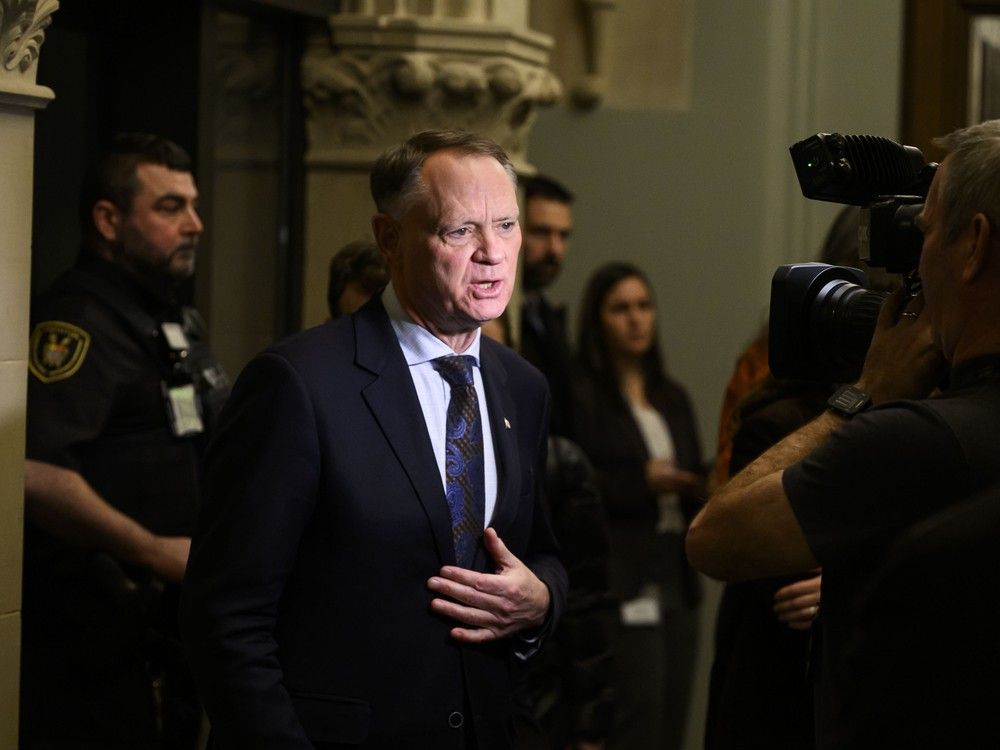


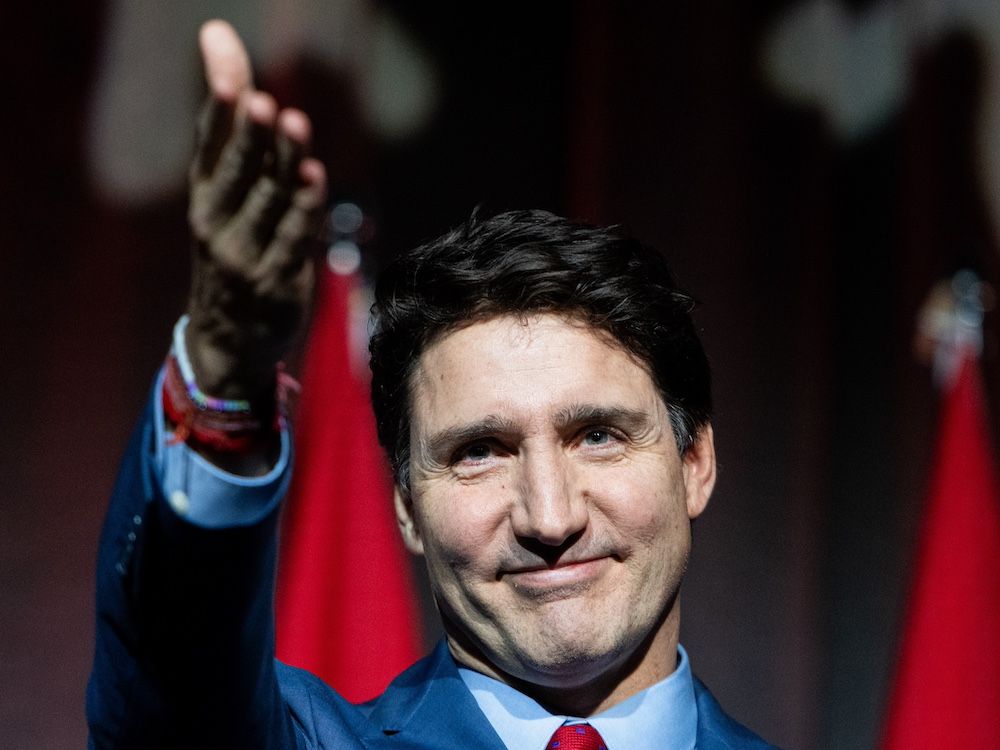
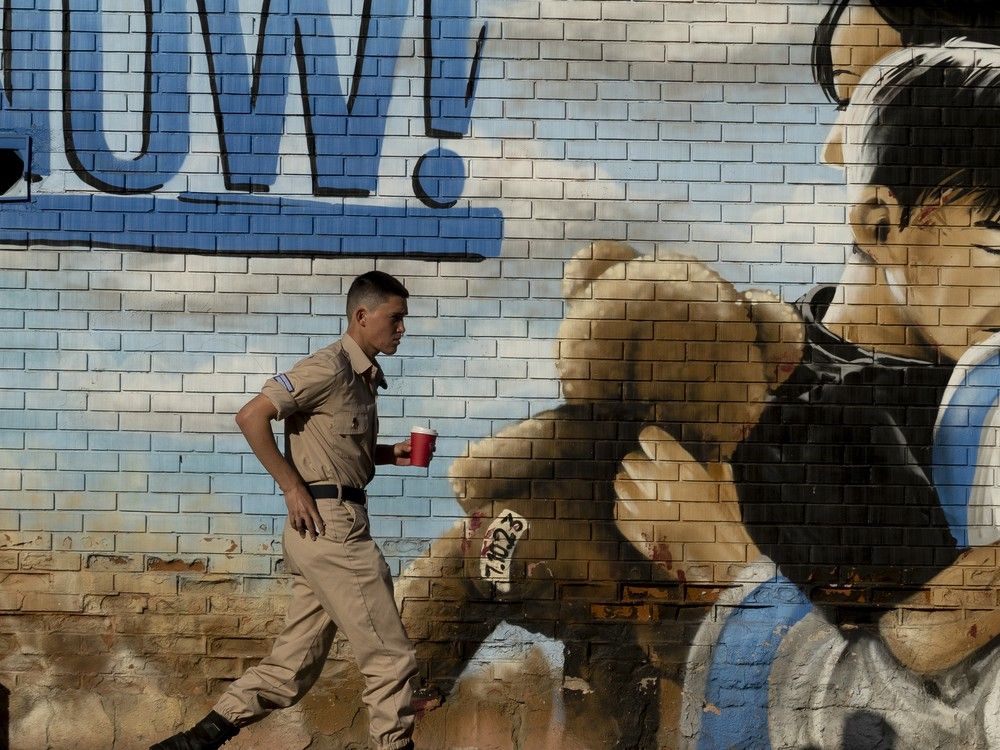
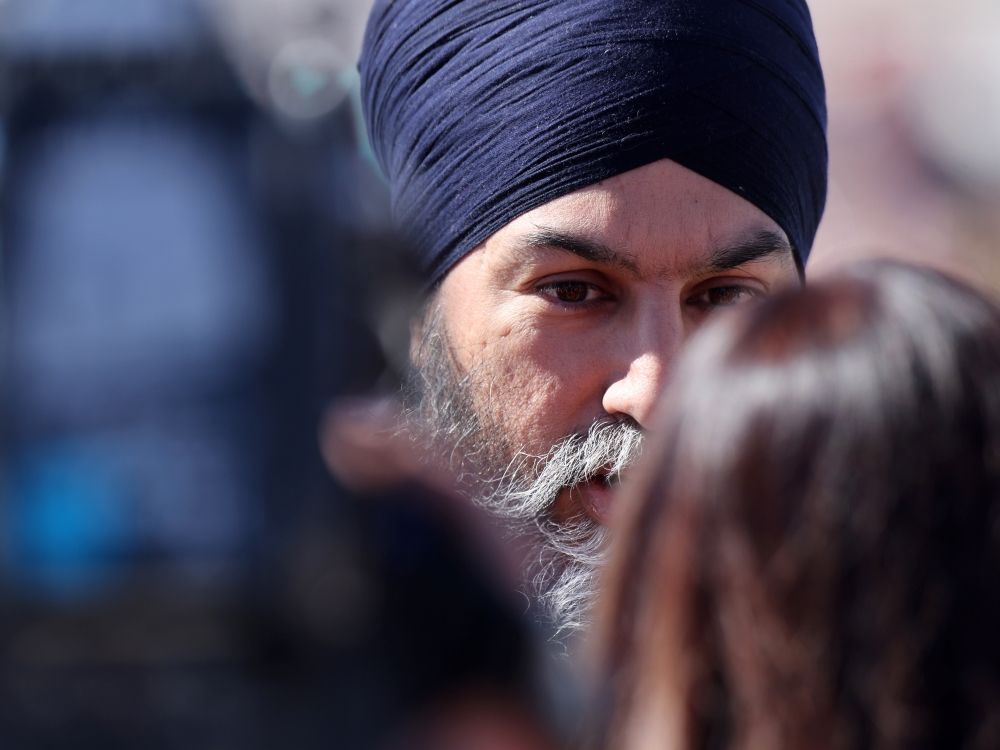
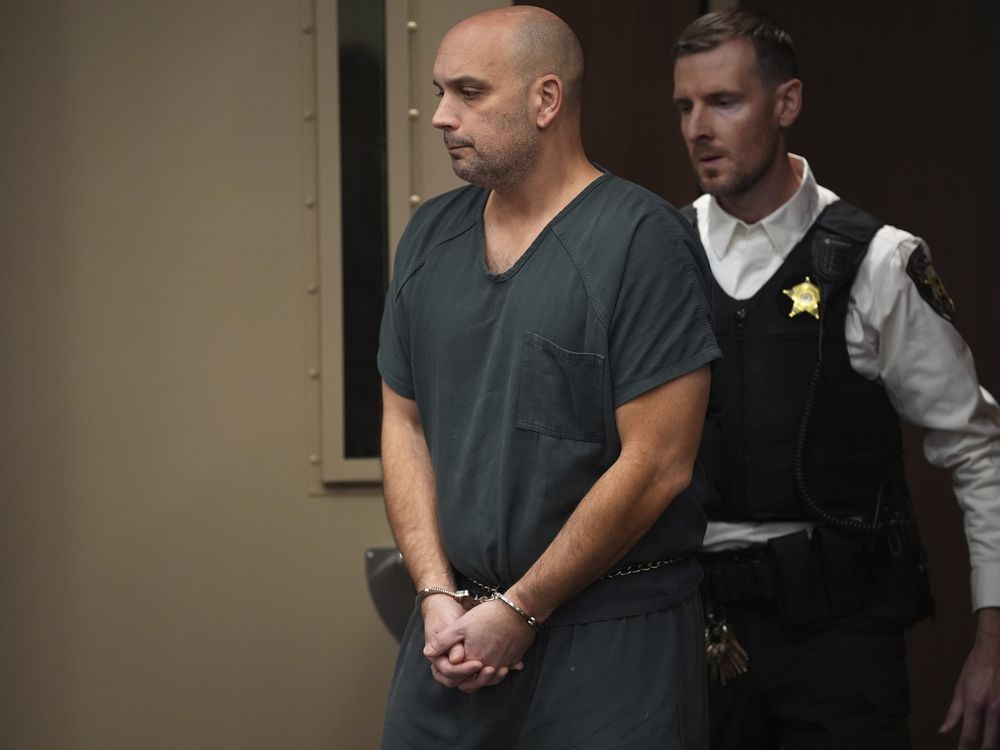

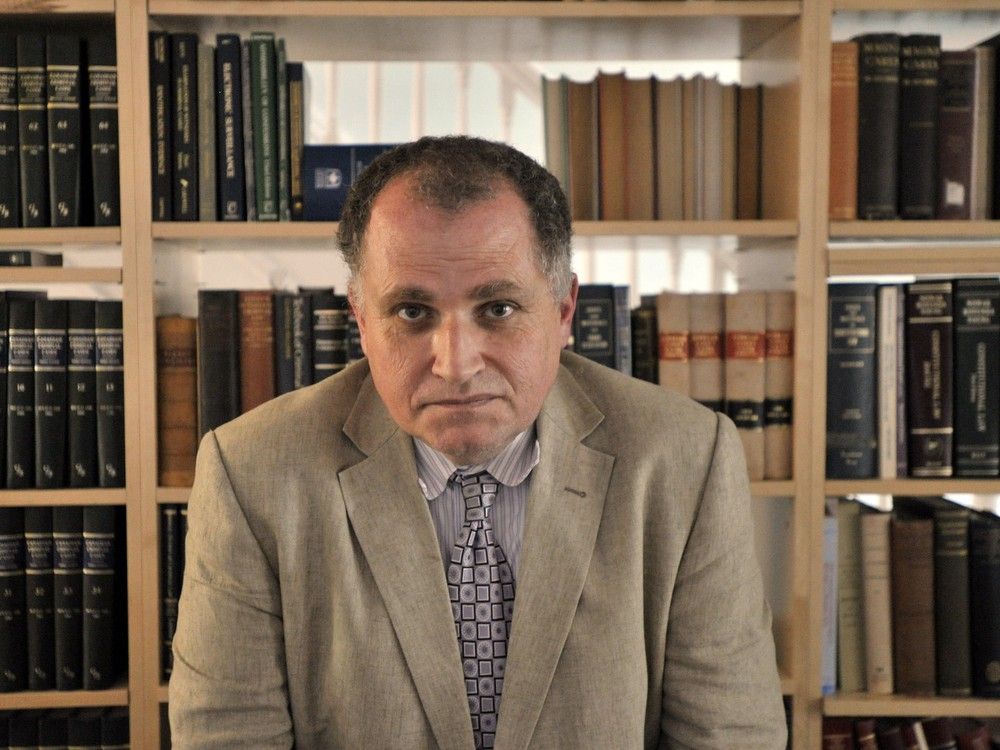
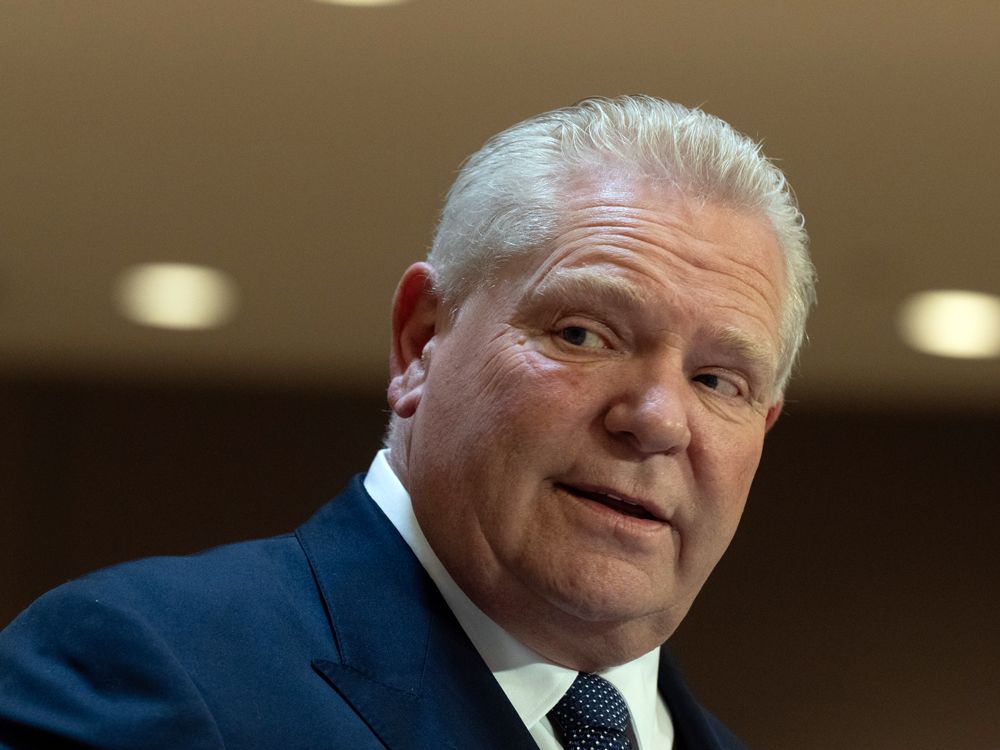
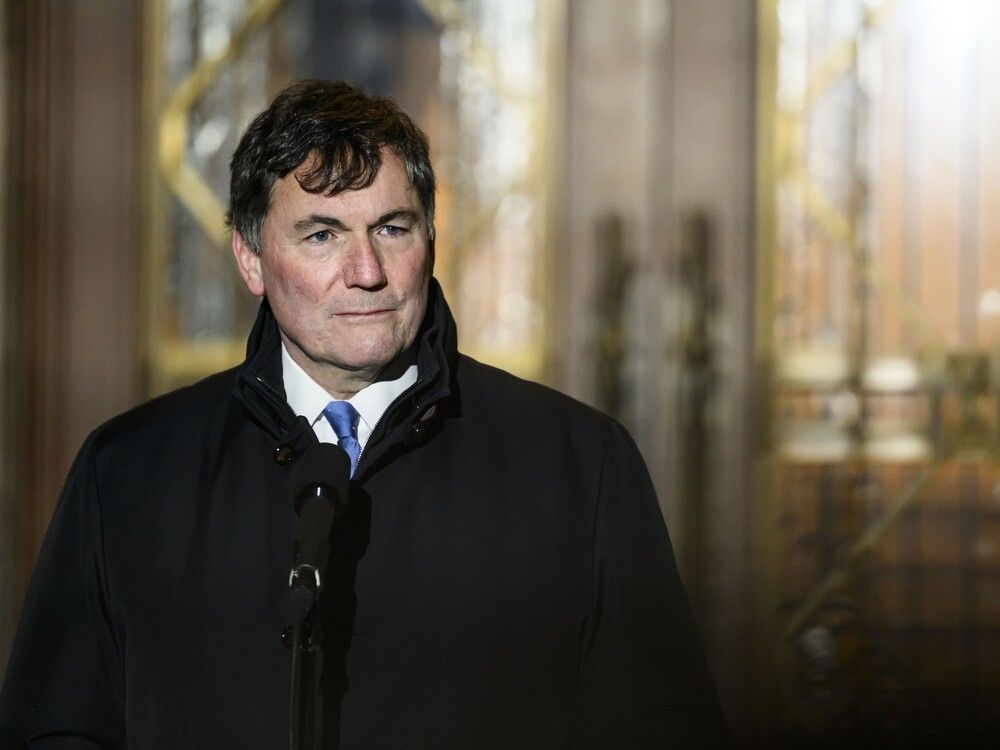
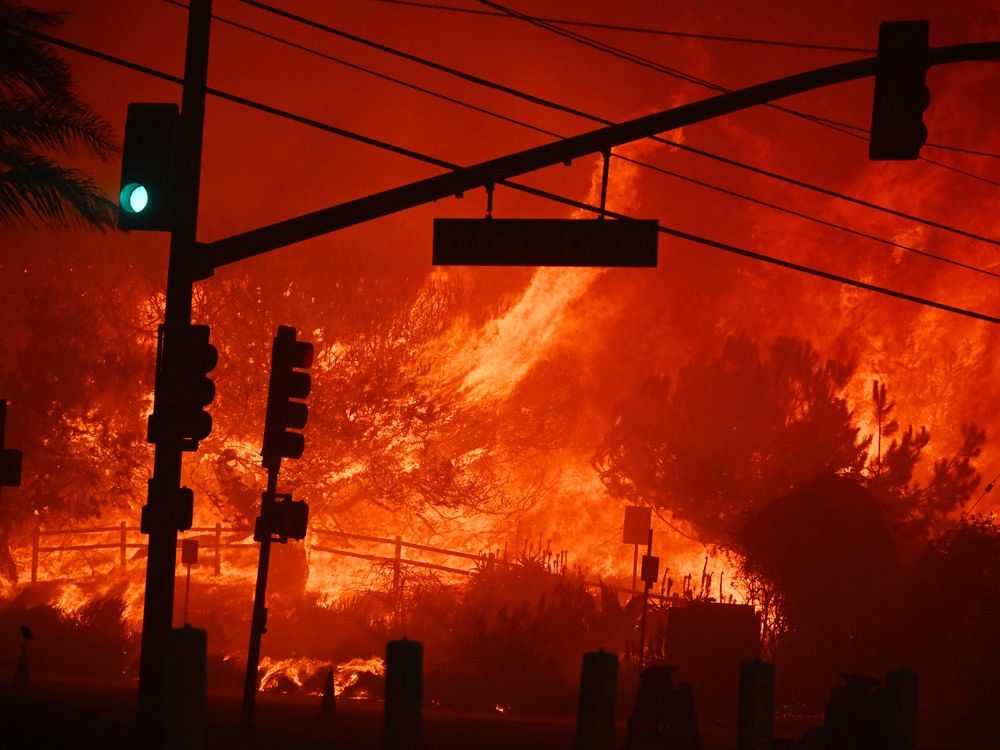






















 Bengali (BD) ·
Bengali (BD) ·  English (US) ·
English (US) ·